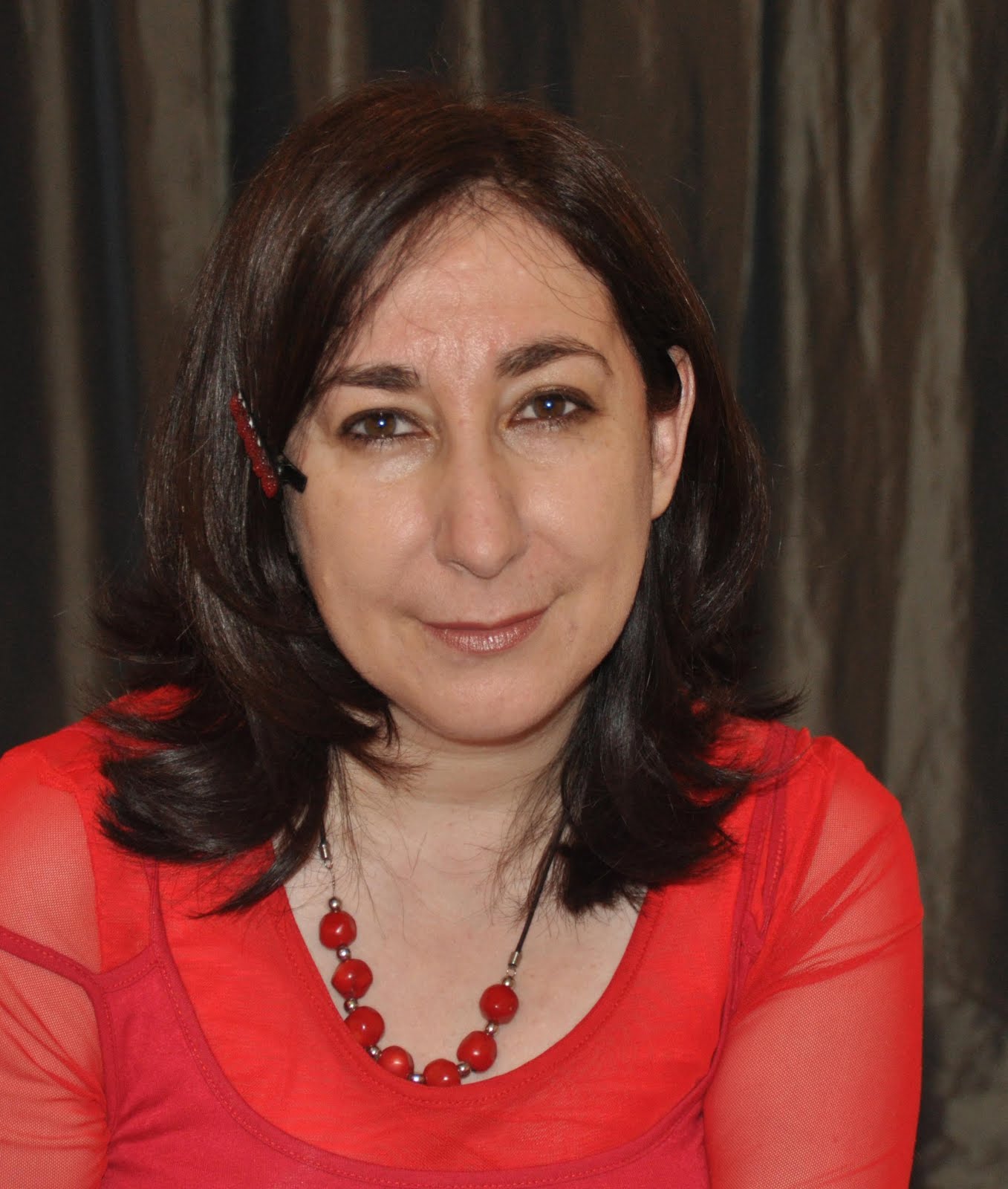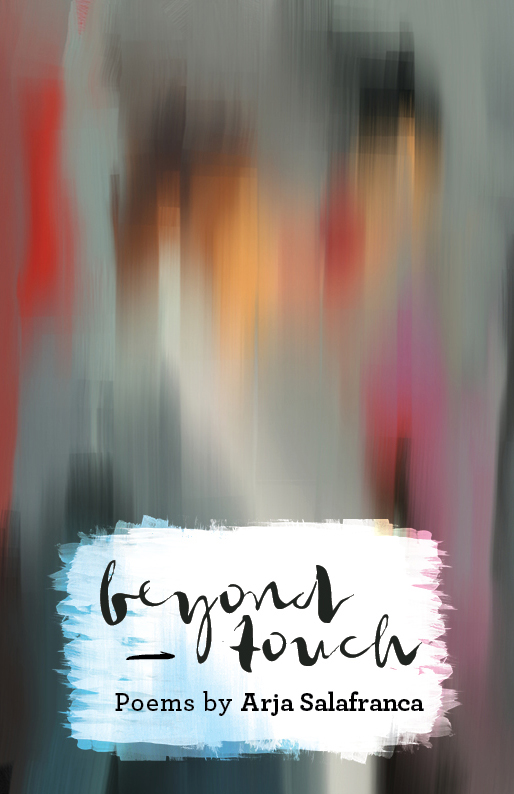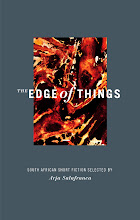 |
| Arctic Summer is a fictionalised biography of the novelist EM Forster |
Arctic Summer – a fictionalised biography of the writer EM
Forster – marks a significant departure for South African writer Damon Galgut.
In prose that is rich and languid, with echoes of the early more formal
twentieth century language that Forster himself used, Galgut sets this novel
firmly in a milieu that is as far away from this country as his other novels
weren’t.
(Although his novellas, In A
Strange Room, were partially set in India – that was in a more contemporary
setting.)
The novel opens in October of 1912 as the SS City of
Birmingham steams toward India with the novelist EM Forster aboard. He’s 33,
has four successful novels behind him. Travelling with friends, he soon meets
up with a man, Kenneth Searight, who’s made his life and living in India, and
who will open a small window on a world that Forster has been too timid to open
himself.
EM Forster lives with his mother, an arrangement that will
continue until her death in the 1940s. Independently wealthy from a small
inheritance, this means he has no need to work, and can instead devote himself
to his writing, as well as moving within the small circuit of society he finds
himself in.
And, crucially, Forster is gay, or a “minorite” as he will
term it in his own words. One of the reasons he’s off to India is to meet up
with a friend of his, Masood, whom he met six years ago in England, while
tutoring him in Latin for his law degree.
It will be Forster who will want to take this friendship beyond the
borders of that relationship, and Forster who will remain forever disappointed
by so many men in his life who, while leaning towards homosexuality, settle for
the norms of heterosexuality, in a world where this is more than encouraged and
in which the result of Oscar Wilde’s trial and imprisonment loom large over the
consciousness of those who come to maturity in the early years of the 20th
century. Sexuality frames this book – with each section being named after the
men in Forster’s life, whether these were requited or unrequited encounters.
Running along this seam is the story of Forster, a
fictionalised biography that stays close to the facts, detailing both his
struggles with writing, his difficult relationship with his somewhat
domineering mother, (his absent father, dead) and his continual reaching out to
the men in his life, his continual grasp at his sexuality, and search for a
companion to share and open up with. This difficulty informs his writing too,
and perhaps leads in time to the fact that Forster stopped writing novels after
the publication of A Passage to India:
“The problem was that he was writing about men and women, about marriage, which
were subjects he knew nothing about. It was an ongoing vexation to feel that
his true subject was buried somewhere out of reach, and could perhaps never be
spoken aloud.”
The book runs back through time – from when Forster first meets
Masood, as well as his occasional flirtation with another friend of his, who
will seek comfort within the confines of a heterosexual marriage. Or an evening
spent with an acquaintance where he meets another man who hints at his
suppressed sexuality, and then commits suicide. All along the warnings are
there – transgress beyond the norm, let it be known, and, watch out, there be
dragons beyond that horizon.
His six months in India remain with him – living on through
memories, growing slowly towards the completion of “the Indian novel” which
nonetheless takes years. India comes alive within this section – a colonial
India of ever-present heat and poverty, as England’s hold on the sub-continent
begins to loosen and sway, as the country agitates for independence.
The First World War intervenes, which finds Forster taking a
job for the war effort in Egypt. It’s here that he finally unshackles himself
of his burdensome sexuality at the age of 37; and then enters into an unequal
relationship with an Egyptian tram driver, Mohammed. “His loneliness was now so
big that it had become his life...” A loneliness that is only assuaged, and
that only in small measure, by this coupling. But there too – time and love, if
love is what passes between them in this unequal coupling – is rationed,
parcelled out, as life intervenes. Yet, it’s painful reading of this affair –
an affair that seems as doomed as any of the unrequited passions Forster must
undergo.
And, yet, alongside this, life continues. The war ends,
Forster returns home to England, his mother and the stultifying life he leads
there, where desires must be subsumed, hidden. Only the writing of his secret
erotic stories provide some kind of relief.
The text is sprinkled with the names of the members of the
famous Bloomsbury group – Lytton Strachey, Leonard and Virginia Woolf, Lady
Ottoline Morrell – and there’s a frisson of pleasure in encountering them
within a novelistic setting.
Forster accepts a post a secretary to an Indian Maharajah,
returning again to the sub-continent, older, yet, still struggling with his
writing: “He’d brought the damned manuscript of his novel with him, thinking
that being in India might wake the story up again. But the effect, strangely,
was the opposite, the continent pressed on him so hugely that he could barely
see it.” And, once more, he tries to find his way through his forbidden
sexuality, this time enlisting the help of his boss and paying for it in a more
visceral way than ever before. The barber, Kanaya, will serve. The couplings
are passion-less; Forster gives vent to his frustration through violence, and
for, the first time, one loses sympathy with the man, using his dominant
position, subjugating the Indian man meant to please him in a way that is
difficult to read about.
The novel meanders to its conclusion – the publication of
Forster’s last novel – which was a major success when he published it in 1924
and ends there. Forster of course lived on, dying in 1970 at the age of 91.
There’s a sense of sadness that encloses you as you finish this read – Galgut’s
writing is polished, yet crystal-sharp, effortlessly leading you on as the
story continues its trajectory. A life unlived in so many instances – and yet
who can say a life is truly unlived? Forster lived as he did – making what
experiences he could, while caught within the bounds of his own timidity.
Galgut’s sensitively told novel reads as both monument to a
man caught within his personality as well as the times he lived, while throwing
a harsh spotlight on those times, the strictures and the fears, a time when
practising anything but the norm of heterosexuality wasn’t always, sadly, worth
the sacrifices.
Arctic Summer illuminates the man, the writer and the sexual being
behind the fame that came to accompany him, in a way that is both sadly
enlightening while being compellingly readable.
First published in the Pretoria News, June 17, 2014










.jpg)
